Index relies entirely on the support of donors and readers to do its work.
Help us keep amplifying censored voices today.
FEATURING
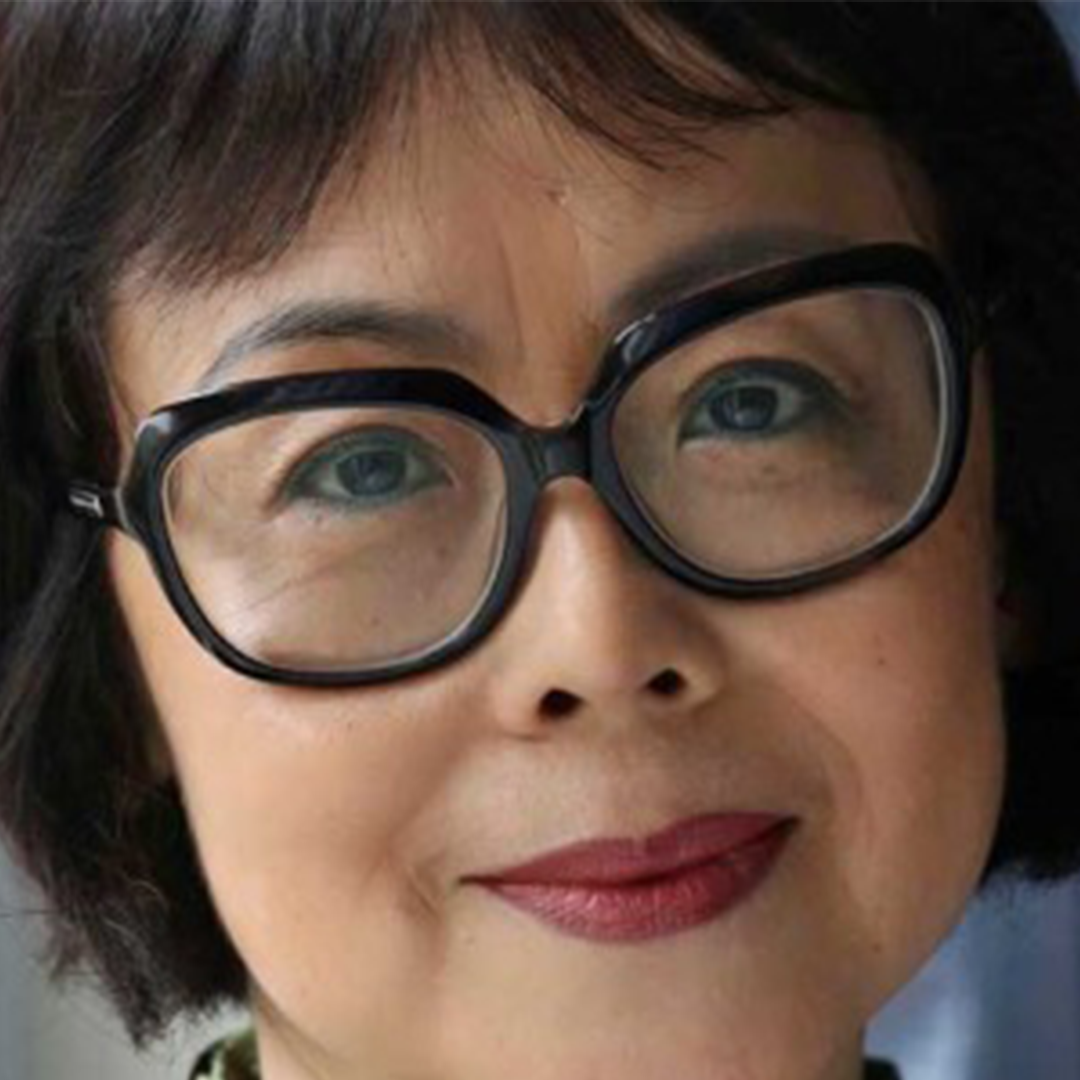
Writer
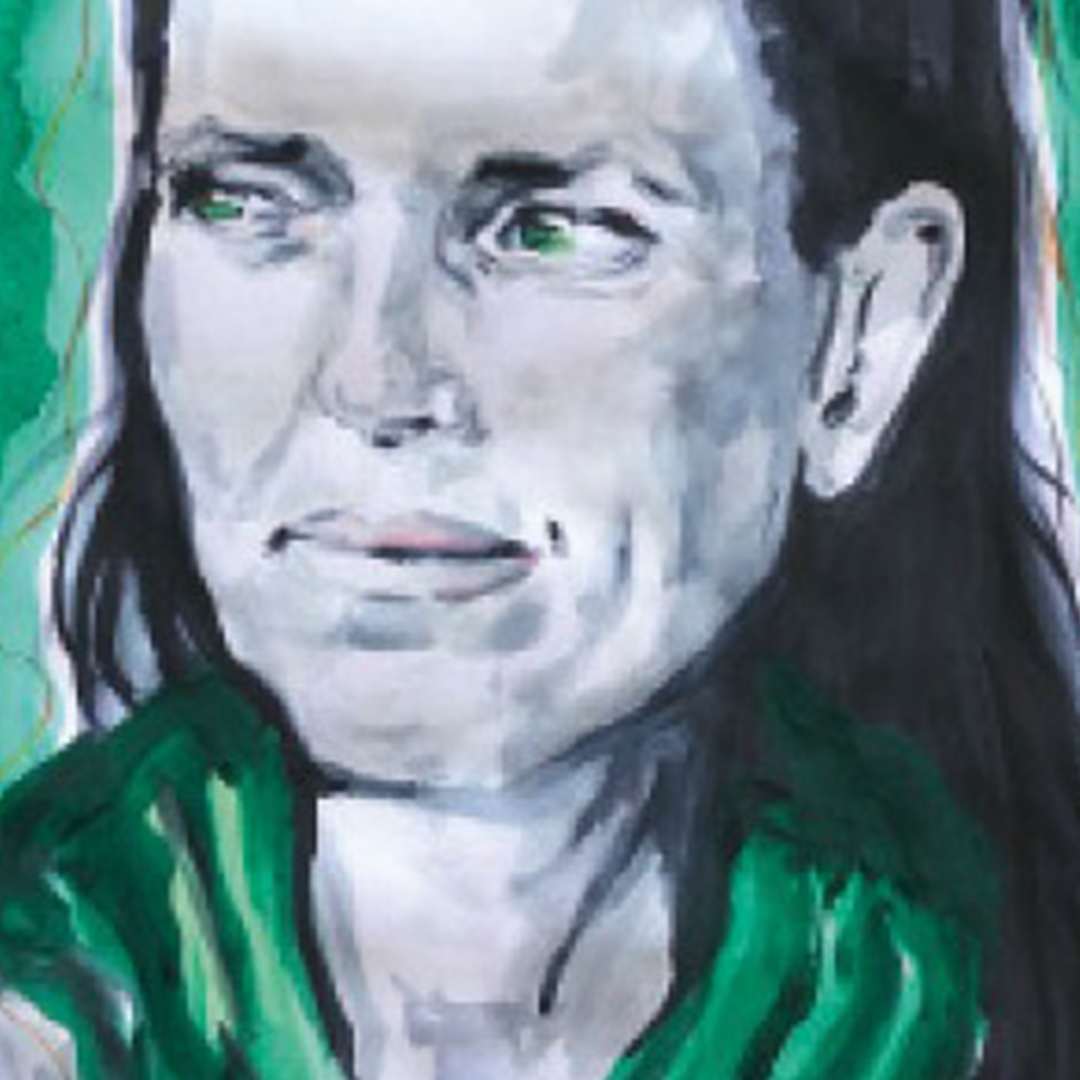
Novelist
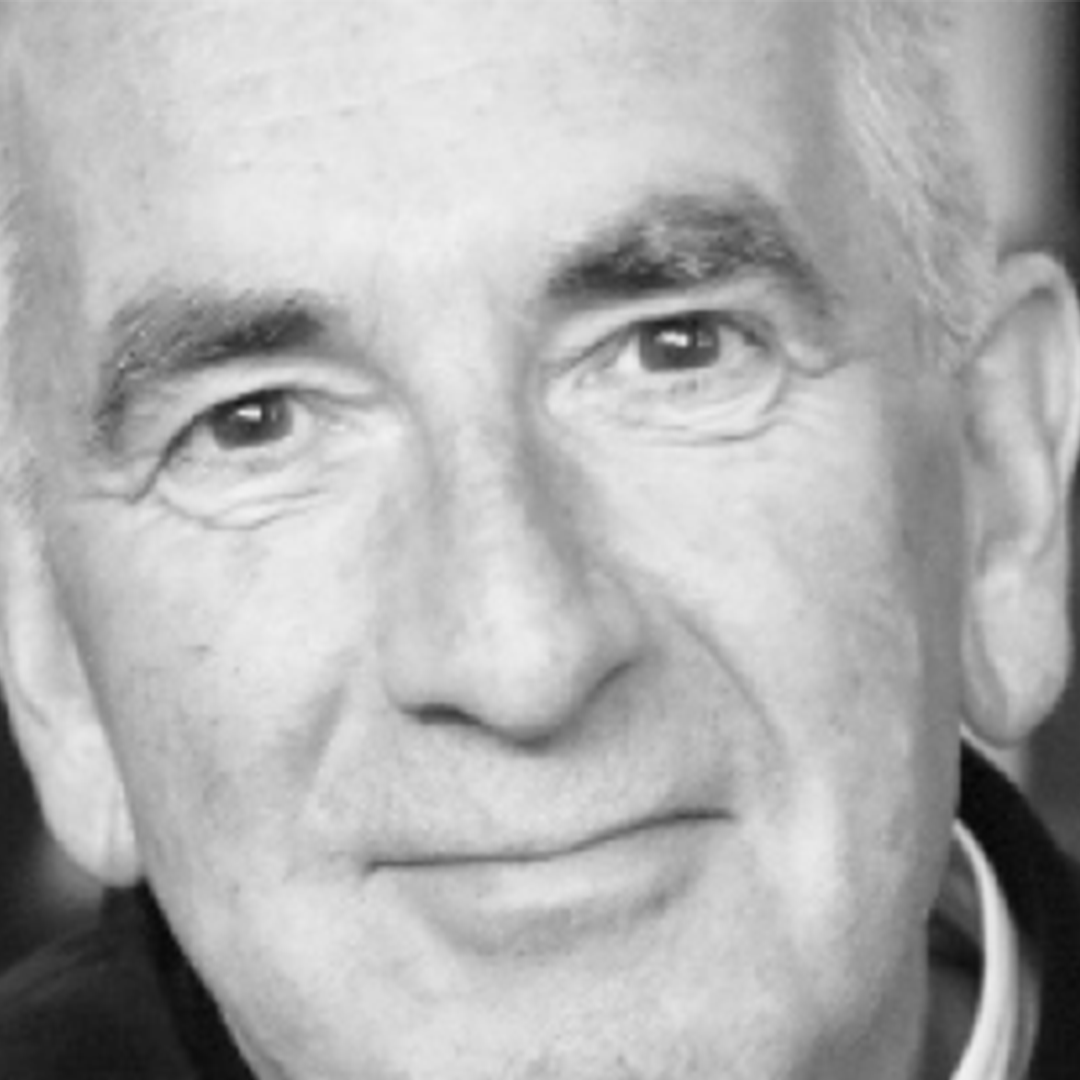
Author
[vc_row][vc_column][vc_column_text]This article is part of Index on Censorship partner Global Journalist’s Project Exile series, which has published interviews with exiled journalists from around the world.[/vc_column_text][vc_column_text]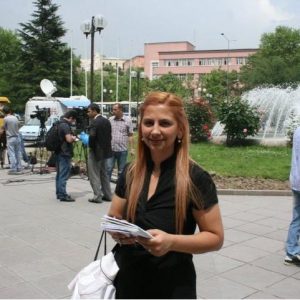 When Turkish journalist Arzu Yildiz reported a major scoop in 2014, she had little idea that the story might lead to the end of her journalism career, the loss of her home, and separation from her family.
When Turkish journalist Arzu Yildiz reported a major scoop in 2014, she had little idea that the story might lead to the end of her journalism career, the loss of her home, and separation from her family.
Yildiz, then a reporter for the Turkish news site T24, was the first to report that local prosecutors in southern Turkey had intercepted a convoy of trucks bearing Turkish arms heading for Syria.
The disclosure had put Recep Tayyip Erdogan’s government in an awkward position, since Turkey had long denied that it was sending aid to rebels fighting Syrian President Bashar al-Assad’s government.
When Yildiz later published footage of the of the prosecutors being put on trial, she herself was sued by the government. In May 2016, she was stripped of the guardianship of her two young children and sentenced to 20 months in jail – a decision which was stayed pending the approval of an appellate court.
But then Turkey’s climate for the press, already bad, took a sharp turn for the worse. In July 2016, a group of dissident Turkish military officers attempted to overthrow Erdogan in a coup. When it failed, Erdogan’s response was ferocious. Tens of thousands of soldiers and government workers were purged and media outlets viewed as critical of Erdogan were shuttered. In the aftermath, more than 300 journalists were arrested. As for Yildiz, after security forces appeared at her home with a warrant for her arrest, she and daughters Emine, then 7, and the infant Zehra, went into hiding. They lived in secrecy in a single room for five months.
“I could not continue living in this one bedroom,” she says. “It begins to affect you psychologically. Every time the door is knocked, you would think it was the police.”
In November 2016, Yildiz left both girls with their grandparents and fled across the border to a refugee camp in Greece. She was quickly given asylum in Canada and moved to Toronto by herself. In 2018, her eldest daughter Emine joined there, but Zehra, now 3, remains in Turkey.
Now working in a pizzeria in Toronto, Yildiz, 39, spoke with Global Journalist’s Lara Cumming about her career and the high personal cost of doing independent journalism in Turkey. Below, an edited version of their interview:
Global Journalist: How did you get into journalism?
Arzu Yildiz: After I finished school, I was a court reporter for a long time. I reported on the police and the justice system. I never cared about politics or the government I only focused on justice. I worked with Taraf [a liberal Turkish national newspaper] for over five years. After this I tried doing journalism independently at T24 for a couple of years.
For two months I worked [for a newspaper] close to Erdogan’s party, a big newspaper called Türkiye. But they censored my news. After that I quit. All this time, I may be the only woman court reporter who knows the law as much as a prosecutor or judge. When I was doing journalism, I was studying the law. Some prosecutors didn’t read as much as me. I was interested in not only the justice system of Turkey but also the justice [systems] of the world.
GJ: How did you know it was time to leave Turkey?
Yildiz: Two days after the July 15th [2016] coup attempt, the police came to my house. After the coup attempt, a lot of [arrested] people faced torture and no one would have written about it. If I continued to be a court reporter, I would write what is really going on in court and why people were detained.
After the police came, I lived an underground life for five months. One of my daughters was just 7 months old and the other was 7 years old. We lived in one room together.
[Later] I realized that this is no life. I tried to give them a chance. I could not continue living in this one bedroom. It begins to affect you psychologically. Every time the door is knocked, you would think it was the police.
GJ: Are you still in contact with your family in Turkey?
Yildiz: The little one doesn’t know me or who I am, she has no mother. She is in Turkey with my parents. I saw her birthday only through video. I have no contact with her, no telephone calls, no nothing. I divorced my husband and I have no contact with my mother and father also. They lost their daughter too. I didn’t only lose mine.
The [eldest] one had a U.S. visa before. She came to the U.S.A. alone [in September 2018]. One of my friends took her to the Canadian border. My other daughter had no chance to come to Canada. They will not give her a passport because of me.
My mother is 73-years old, when this situation is over I don’t know what will happen. I may never see them [my parents] again. The Canadian government will not issue them a visa.
Some say: “Meet them in another country.” They must think I’m very rich. I cannot go to Ottawa right now because I am working two jobs and only just paying my rent. All of the family is affected, three generations. My oldest daughter, who is with me, always asks why we are separated from her grandparents. My children referred to my mother as their mother.
GJ: What issues did you see with journalism in Turkey before you left?
Yildiz: My goal as a journalist was seeking truth. We have no goals to be heroes or to be famous. We are not actors. We are not singers. We are journalists. The goal is to tell what’s right and who the heroes are through our stories. And if the world starts talking about them, I can say I did my job well.
My problem is with the bureaucracy. I cannot trust politicians, but I should be able to trust the judges. For example, if people drive unsafely in Canada they will be punished by the justice system. They are not scared of the politicians, they are scared only of the justice system. In Turkey there is no trust of the judicial system.
I am not a religious person and I do not believe in any religion. Religion and racism are just the tools the politicians use for their benefit. I believe only in humanity. If I am dying, I do not want someone to define me only as a Turkish journalist but as a human. I do not care how a person looks or what they believe, only if they are honest. If you are a court reporter – like me – your only focus is if someone is innocent or if they are a criminal.
GJ: Do you have any plans to return to Turkey?
Yildiz: Before I came to Canada, I spent time in a refugee camp. The real meaning of being a refugee is not only the loss of the country, but loss of a family and being alone. I came with one t-shirt and no shoes. Believe me, I lost the shoes in the refugee camp.
I came with only cheap things. No mobile phone no nothing. Maybe $200 and that’s it. I will not be able to return to Turkey as they will put me in prison.
GJ: Has the pursuit of your work been worth it? You have done such brave work but also lost so much.
Yildiz: I lost so many things, no one can imagine. If I had the chance to return to the past, I would do this again. But one thing is broken: my heart.[/vc_column_text][/vc_column][/vc_row][vc_row][vc_column width=”1/2″][vc_video link=”https://youtu.be/6BIZ7b0m-08″][/vc_column][vc_column width=”1/2″][vc_column_text]Index on Censorship partner Global Journalist is a website that features global press freedom and international news stories as well as a weekly radio program that airs on KBIA, mid-Missouri’s NPR affiliate, and partner stations in six other states. The website and radio show are produced jointly by professional staff and student journalists at the University of Missouri’s School of Journalism, the oldest school of journalism in the United States. [/vc_column_text][/vc_column][/vc_row][vc_row][vc_column][vc_custom_heading text=”Don’t lose your voice. Stay informed.” use_theme_fonts=”yes”][vc_separator color=”black”][vc_row_inner][vc_column_inner width=”1/2″][vc_column_text]Index on Censorship is a nonprofit that campaigns for and defends free expression worldwide. We publish work by censored writers and artists, promote debate, and monitor threats to free speech. We believe that everyone should be free to express themselves without fear of harm or persecution – no matter what their views.
Join our mailing list (or follow us on Twitter or Facebook). We’ll send you our weekly newsletter, our monthly events update and periodic updates about our activities defending free speech. We won’t share, sell or transfer your personal information to anyone outside Index.[/vc_column_text][/vc_column_inner][vc_column_inner width=”1/2″][gravityform id=”20″ title=”false” description=”false” ajax=”false”][/vc_column_inner][/vc_row_inner][/vc_column][/vc_row][vc_row full_width=”stretch_row_content”][vc_column][three_column_post title=”Global Journalist / Project Exile” full_width_heading=”true” category_id=”22142″][/vc_column][/vc_row]
Critics of the Turkish government will continue to face harsh repression, though cracks are beginning to form in the authoritarian system currently governing the country, dissident scholar Mehmet Uğur said during an interview with representatives of the Index on Censorship. Read in full.
[vc_row][vc_column][vc_column_text]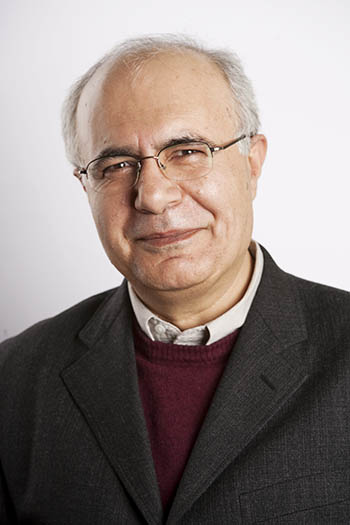 Academics for Peace unites 2,237 people supporting peace in Turkey’s mostly Kurdish-populated south-eastern provinces. Many are among the 1,128 signatories of a 2016 petition — We Will Not Be a Party To This Crime — calling for an end to violence in the region. The petition condemned state violence against the Kurds and Turkey’s violation of its own laws and international treaties.
Academics for Peace unites 2,237 people supporting peace in Turkey’s mostly Kurdish-populated south-eastern provinces. Many are among the 1,128 signatories of a 2016 petition — We Will Not Be a Party To This Crime — calling for an end to violence in the region. The petition condemned state violence against the Kurds and Turkey’s violation of its own laws and international treaties.
As of 29 May 2019, 724 members of Academics for Peace are on trial and facing imprisonment. So far, 180 sentences – ranging from between 15 and 36 months – have been handed down.
One of the signatories of the petition, professor Füsun Üstel, began her 15-month jail term on 8 May 2019. She is the first of the signatories to begin her sentence.
In April, professor Tuna Altınel of Claude Bernard University in Lyon had his passport confiscated when he returned to Turkey for the Easter holidays. On 11 May, he was detained when he went to the police station to inquire about his passport. He remains in custody on charges relating to a conference he organised in Lyon on 21 February 2019 in solidarity with the Kurds.
Mehmet Ugur, a member of Academics for Peace and professor of economics and Institutions at University of Greenwich, spoke with Index on Censorship about the current situation for Turkish academics.
Jessica Ní Mhainín: Professor Füsun Üstel began her sentence on 8 May. How has this affected the members of Academics for Peace and particularly the signatories of the petition?
Mehmet Ugur: The Academics for Peace were very disappointed with the decision to imprison Fusun Ustel, although it wasn’t totally unexpected since the AFP trials have so far demonstrated that the courts are following strict directions from the government. Fusun Ustel is a highly respected professor of law, whose democratic credentials are as good as her academic ones. Her imprisonment created anger among the AFP community and beyond. The recent social media campaign has focused on efforts to free her, or to at least transfer her to an open prison [where there would be less restrictions on her movements and activities]. So on one hand, AFP have reacted with disappointment and anger, but on the other hand they have shown that they are resilient.
Ní Mhainín: In 2016, you wrote that the international scholarly community should “take practical, meaningful steps to express their solidarity with Academics for Peace and their commitment to academic freedom more broadly”. Do you think that academics in Europe have been supporting their Turkish colleagues?
Ugur: I am very proud to be part of an international academic community that has shown incredible support for AFP. When we asked for signatures, thousands of academics signed. When we asked for condemnation, many wrote individual letters. Some went the extra mile by helping those academics who managed to leave Turkey (before their passports were confiscated) by mentoring them and providing them with research fellowships. We are so grateful for that.
But we have also observed that the academic community could do more given the dangers posed by the violation of academic freedom in Turkey. The resilience of the global higher education system against political interventions is at stake. Some European institutions have been partnering with the Council of Higher Education (YÖK) or the Scientific and Technological Research Council (Tübi̇tak), despite the fact that these institutions have been directly complicit in the violation of academic freedom in Turkey. Incentivised by the Turkish government’s funding, some organisations and institutions continue to hold conferences and strike quick-return partnerships with universities that were complicit in the violation of academic freedom.
The academic community is not a uniform body; there are different views and tendencies. Still, I would urge my peers to think twice before accepting offers from complicit Turkish universities or higher education funding bodies. We need to be concerned about the resilience of global higher education system against populist, authoritarian, and managerialist threat – in Turkey and beyond.
Ní Mhainín: You have decided to not return to Turkey, at least for the foreseeable future. How have you come to this decision?
Ugur: I have made a decision not to return to Turkey because of legal uncertainties brought about by the Turkish courts’ reliance on flimsy evidence to arrest and imprison people. I was imprisoned in Turkey in the early 1980s after the military coup. The conditions were very harsh but we knew what charges we would face and what sentence we would get. The Justice and Development Party (AKP)’s regime is so unpredictable – and it is aided by the pro-government media (95% of the media outlets in Turkey), by an army of trolls who act both as informers and secret witnesses, and above all, by a compliant judiciary, who are driven by both career incentives and ideological enmity against progressive politics. This is why I feel that it would be unsafe to go to Turkey.
Having said that, many of my colleagues who are signatories to the peace petition are going to Turkey. Some are returning safe but some of them, as we know from the case of Tuna Altınel, are not. It all depends on whether someone complains about you on social media or if a speech you made some years ago has re-surfaced and caught the attention of the authorities. The uncertainty makes me feel that it is not worth going. But I would not say that my assessment is applicable to everyone.
Ní Mhainín: On 9 May 2019 the Constitutional Court ruled that the imprisonment of Ayşe Çelik, who had been convicted of “disseminating propaganda” in favour of a terrorist organisation for calling on the media to “not keep silent” about the killings in South East Turkey, constituted a violation of freedom of expression. This ruling might offer Academics for Peace some hope. How has news of the court’s ruling been received?
Ugur: In the case of Ayşe Çelik, not only did the court rule that her call for peace in the Kurdish region didn’t constitute propaganda for a terrorist organisation, but it went further by saying that even if someone is spreading terrorist propaganda, it should be considered freedom of expression unless it incites terrorist action. Ayşe Çelik was convicted under the same article that has been used to sentence AFP signatories: article 7.2 of the Anti-terror Law, which carries a heavier sentence than article 3(1) of the Turkish Penal Code (contempt against the Turkish state), which had also been considered by the judiciary.
The AFP have already submitted an application to the Constitutional Court indicating that the actions of the AFP signatories should also be considered freedom of expression rather than terrorist propaganda. The court met on 29 May 2019 but failed to make a decision. There appears to be some tension between the court and the government, but I’m not very optimistic. If the court rules in AFP’s favour, we will celebrate of course, but if it doesn’t then the charade of the Turkish legal system will be proven at another level.
Ní Mhainín: How do you see the situation in Turkey progressing over the coming months and years?
Ugur: It’s very difficult to predict the future, but I think that in the short-term, the situation will continue to be bad for defenders of democracy and freedom in Turkey. This is because of the alliance that keeps the government in power, which is based on two parties: the AKP and the Nationalist Action Party (MHP). The AKP is informed by a synthesis of religion and nationalism, while the MHP originates from a fascistic tradition going back to the 1950s. The current political establishment is against improving academic freedom, democracy or human rights, hence why you have academics, journalists, and people like Osman Kavala being tried and imprisoned.
The government has so far been using the Kurds to maintain its authoritarian, anti-democratic regime but I think that the set-up is increasingly becoming unsustainable. I believe that people are no longer as affected by the fear and intimidation campaigns that the government is instigating. The results of the local election [31 March 2019], along with the economic crisis, have weakened their campaigns. So there are some signs that this authoritarian regime is running out of steam – and this is a good sign! But I wouldn’t jump to celebrate yet; you need to have a critical mass of people gelling together into a collective assessment that the regime is no longer sustainable. However, I feel that this looks more likely now than it did before the local elections.
I think we will eventually see a gradual erosion of the authoritarian, nationalist and fascist elements in Turkey. Where will it lead? I can’t tell. Changing and rebuilding the institutions will be a massive task. I’m not clear about how that can be done — it will be a challenge.[/vc_column_text][/vc_column][/vc_row][vc_row][vc_column][vc_basic_grid post_type=”post” max_items=”4″ element_width=”6″ grid_id=”vc_gid:1559732361631-5b64146f-397d-7″ taxonomies=”55″][/vc_column][/vc_row]